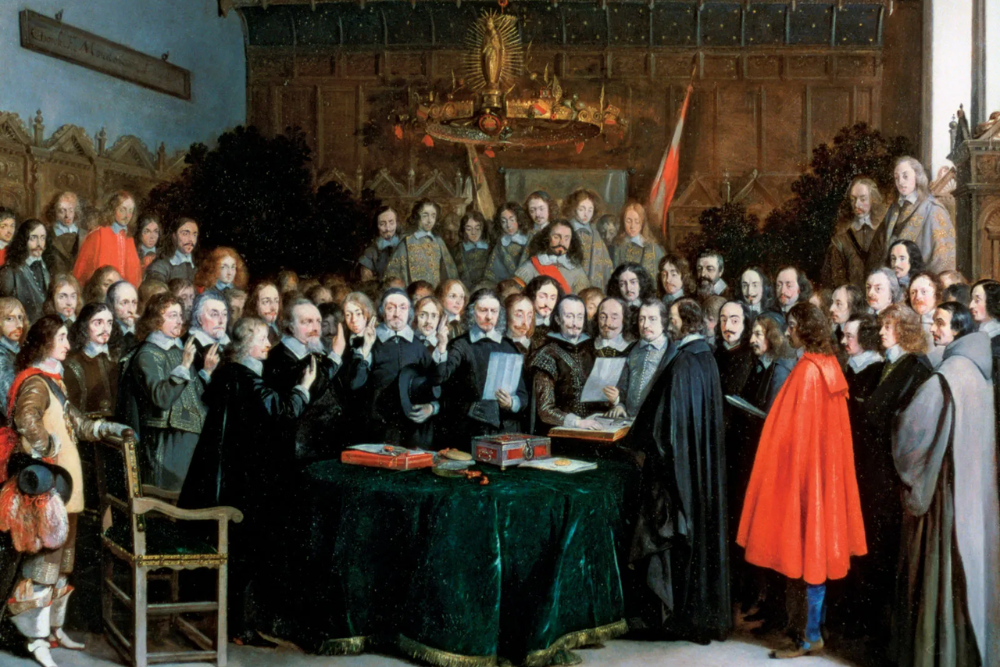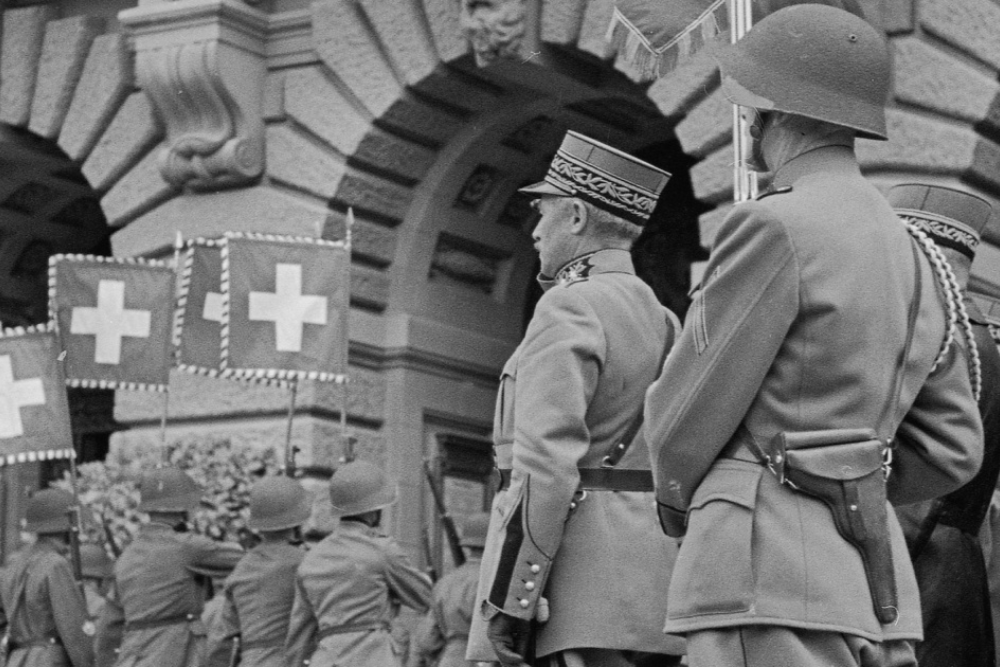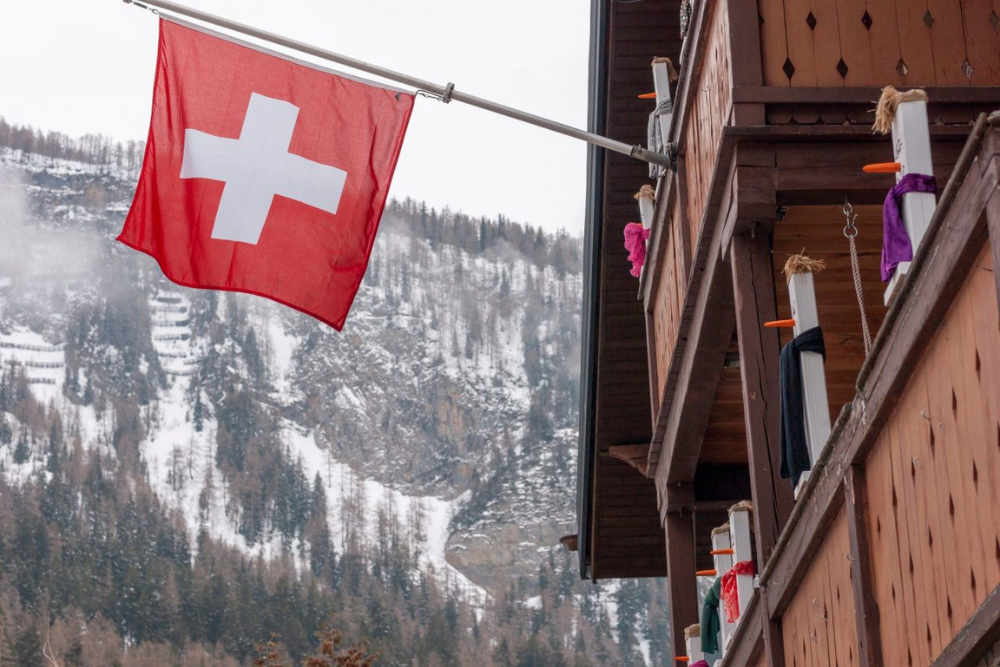Switzerland’s neutrality is one of its most defining characteristics, shaping its history, foreign policy, and national identity. For more than 500 years, Switzerland has remained politically neutral, avoiding involvement in global conflicts while maintaining diplomatic and economic ties worldwide.
But how did this neutrality come to be, and how has it influenced the country’s development? This article explores the origins, historical milestones, and modern impact of Swiss neutrality, revealing how it has shaped Switzerland into the nation it is today.
1. The Origins of Swiss Neutrality
Switzerland’s path to neutrality began in the late Middle Ages and early Renaissance period, when the country was known for its fierce and skilled mercenaries. Swiss soldiers were highly sought after by European rulers, and the Swiss Confederacy often found itself involved in regional wars.
The Turning Point: The Battle of Marignano (1515)
One of the most significant events leading to Swiss neutrality was the Battle of Marignano in 1515. The Swiss, who had been expanding their influence across northern Italy, suffered a devastating defeat against French forces. This loss marked the end of Swiss territorial expansion and led to a shift in military strategy.
In 1516, Switzerland signed the Perpetual Peace Treaty with France, agreeing to stay out of future European conflicts. This decision laid the groundwork for Switzerland’s long-standing policy of neutrality.
2. The Treaty of Westphalia (1648): Recognition of Swiss Independence
Switzerland’s neutrality was formally recognized in 1648 with the Treaty of Westphalia, which ended the Thirty Years’ War in Europe. This treaty:
- Confirmed Switzerland’s independence from the Holy Roman Empire.
- Acknowledged its status as a neutral entity, allowing it to avoid entanglement in future wars.
From this point forward, Switzerland focused on maintaining peace and internal stability, further reinforcing its non-interventionist foreign policy.
3. Napoleonic Wars and the Act of Mediation (1803)
Despite its neutrality, Switzerland was drawn into conflict during the French Revolutionary and Napoleonic Wars (1792–1815). French forces invaded Switzerland in 1798, leading to the creation of the Helvetic Republic, a short-lived French-controlled state.
However, in 1803, Napoleon issued the Act of Mediation, which restored Switzerland’s sovereignty while maintaining its role as a neutral buffer state. After Napoleon’s defeat in 1815, the Congress of Vienna formally recognized Swiss neutrality, ensuring that the country would remain uninvolved in future European wars.
4. Swiss Neutrality in the World Wars
World War I (1914–1918)
During World War I, Switzerland maintained its neutrality despite being surrounded by warring nations. The country:
- Mobilized its military to defend its borders.
- Became a hub for humanitarian efforts, with the Red Cross (founded in Geneva in 1863) playing a key role.
- Served as a diplomatic center for peace negotiations.
World War II (1939–1945)
Switzerland again remained officially neutral during World War II, though it faced significant challenges:
- Threat of German invasion – Switzerland prepared for an attack by adopting the National Redoubt Strategy, retreating to the Alps and preparing for guerrilla warfare.
- Economic survival – Switzerland continued limited trade with both the Axis and Allied powers, which remains a topic of debate.
- Humanitarian efforts – The country provided refuge for political dissidents and Jews, though its restrictive refugee policies were criticized.
Switzerland’s ability to stay out of the war while offering diplomatic and humanitarian assistance reinforced its reputation as a neutral nation.
5. The Cold War and Modern Neutrality
During the Cold War (1947–1991), Switzerland maintained its non-alignment policy while strengthening its defensive capabilities. The country:
- Refused to join NATO or the Warsaw Pact.
- Invested heavily in civil defense, including the construction of underground bunkers to protect its citizens.
- Acted as a mediator in global conflicts, offering its services for diplomacy and negotiations.
Even today, Switzerland hosts numerous international organizations, including:
- The United Nations Office in Geneva
- The International Red Cross
- The World Trade Organization (WTO)
Switzerland’s neutrality has allowed it to play a key role in global peace efforts, making it a trusted venue for diplomatic discussions.
6. Switzerland’s Neutrality Today
Although Switzerland remains officially neutral, its role in international politics has evolved.
- In 2002, Switzerland joined the United Nations, after decades of hesitation.
- The country participates in peacekeeping missions and humanitarian aid, but avoids military alliances.
- It maintains an independent defense policy, requiring mandatory military service for Swiss men.
Challenges to Neutrality in the 21st Century
- Sanctions and Economic Neutrality – Switzerland has imposed sanctions on certain countries (e.g., Russia after the Ukraine invasion), raising debates about whether its neutrality is being compromised.
- European Relations – While not a member of the European Union (EU), Switzerland maintains strong economic ties through bilateral agreements.
- Modern Security Issues – Cybersecurity, terrorism, and economic crises have challenged the traditional concept of neutrality.
Despite these challenges, Switzerland remains one of the world’s most neutral and stable nations, upholding its long-standing tradition of avoiding direct involvement in military conflicts.
Conclusion
Switzerland’s neutrality has been a defining force in its history, allowing it to avoid wars, focus on diplomacy and humanitarian efforts, and become a trusted global mediator. From its decision to withdraw from European conflicts after 1515 to its strategic diplomacy in the World Wars and Cold War, Swiss neutrality has shaped the country’s political stability, economic success, and global reputation.
While neutrality continues to evolve in the modern world, it remains at the heart of Switzerland’s identity, ensuring that the nation remains a beacon of peace and diplomacy on the global stage.












